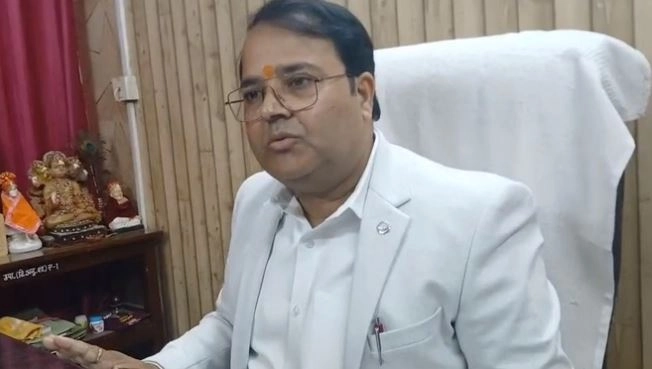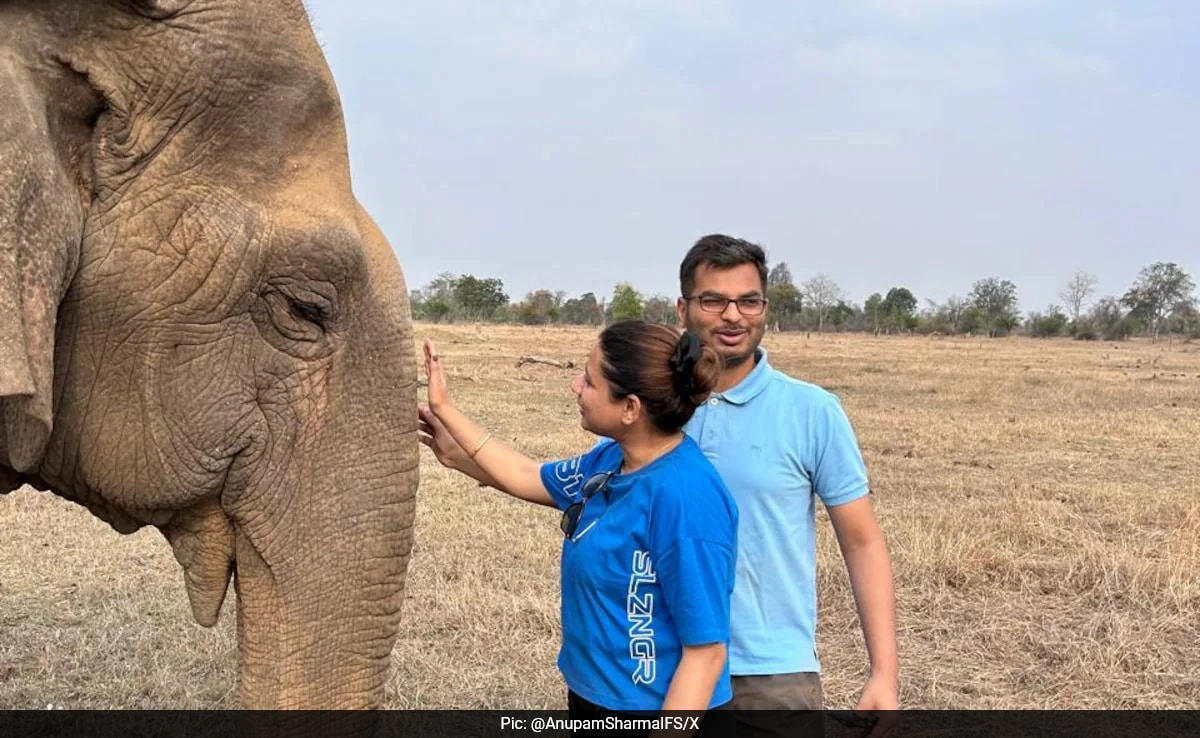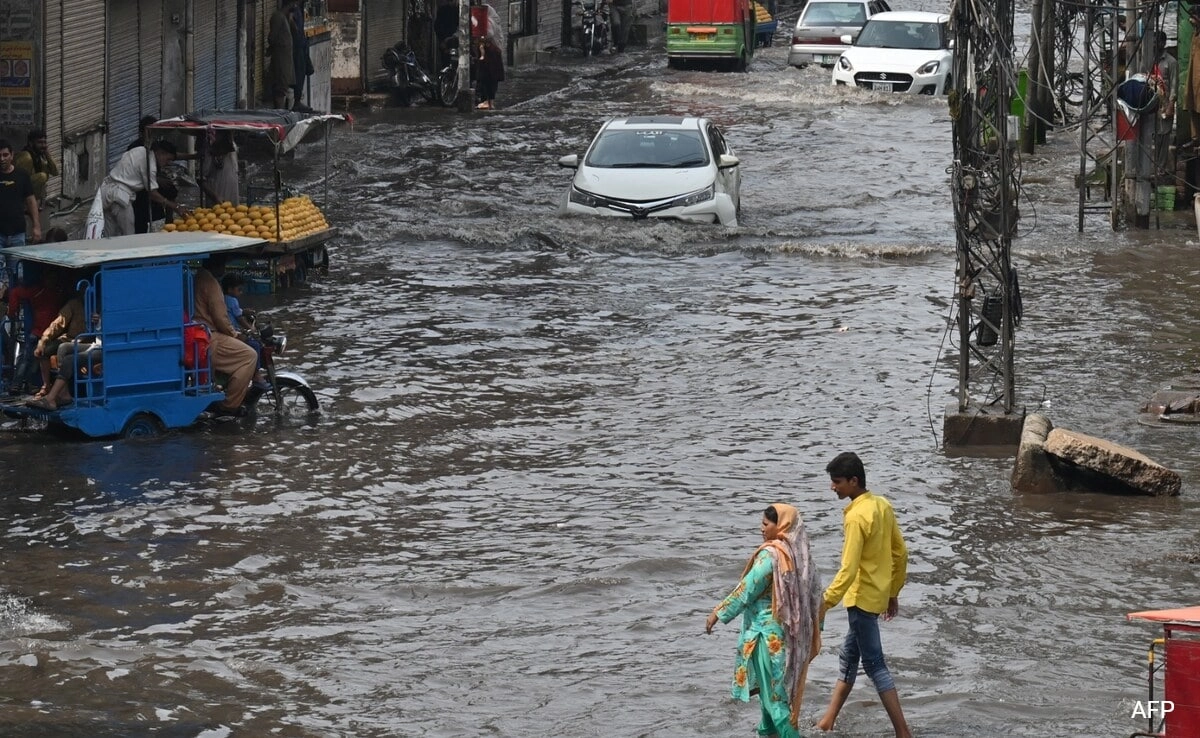According to a recent report by the World Health Organization (WHO), heart disease continues to be a significant health crisis in South-East Asia, claiming the lives of eight individuals every minute. This alarming statistic underscores the urgent need for public health interventions and increased awareness surrounding cardiovascular health in the region. Heart disease is not only a leading cause of mortality but also a major contributor to the overall burden of disease, affecting millions of people across various countries in South-East Asia.
The WHO’s findings highlight the various risk factors associated with heart disease, including unhealthy diets, physical inactivity, tobacco use, and excessive alcohol consumption. These lifestyle choices, combined with a growing prevalence of obesity and diabetes, significantly increase the likelihood of developing cardiovascular conditions. The data suggests that many individuals in South-East Asia are unaware of their health status or the risks they face, which further exacerbates the situation.
To combat this pressing issue, the WHO is calling for a multi-faceted approach that includes preventive measures, public education campaigns, and improved access to healthcare services. By promoting healthier lifestyles and encouraging regular health screenings, communities can better manage their cardiovascular health. Additionally, policymakers are urged to implement regulations that limit the sale of unhealthy food options and promote physical activity in urban planning.
The fight against heart disease in South-East Asia requires the collaboration of governments, healthcare providers, and individuals alike. By prioritizing heart health and making informed lifestyle choices, it is possible to reduce the incidence of heart disease and ultimately save lives. As the WHO continues to raise awareness about this critical health issue, it is essential for everyone to recognize the importance of cardiovascular health and take proactive steps to safeguard their well-being.




